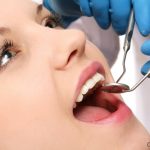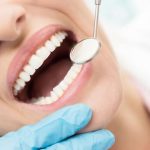Quick Recovery Tips: When Can You Smoke After Wisdom Teeth Extraction?
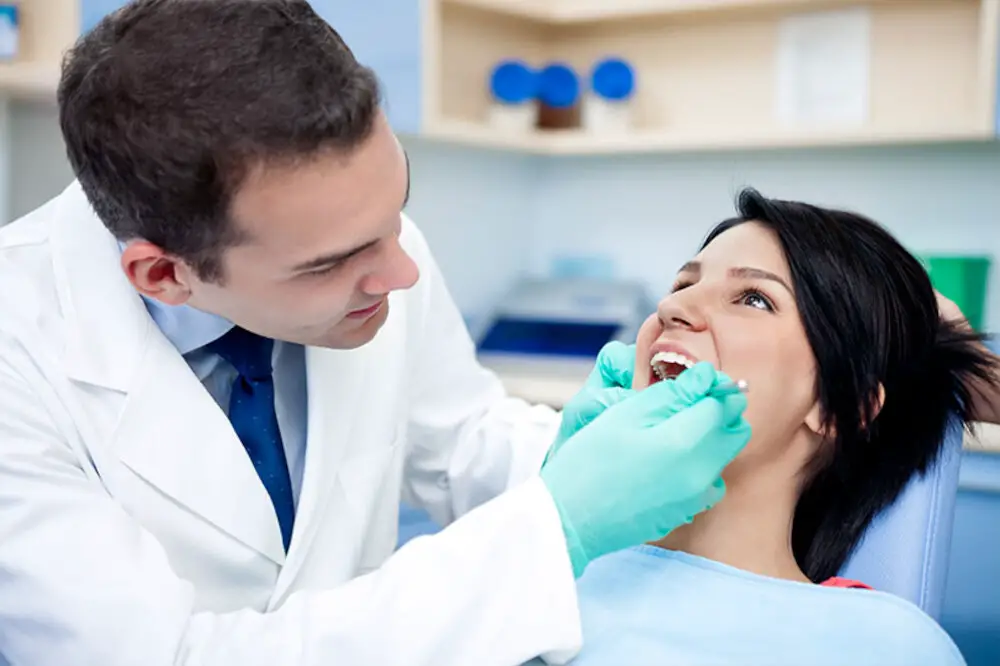
Wisdom teeth extraction is a common dental procedure that many people have to undergo at some point in their lives. While the procedure itself is relatively painless, the recovery period can be uncomfortable and challenging. One of the most common questions that patients have after wisdom teeth extraction is when they can smoke again. Smoking can cause a range of complications during the healing process, so it’s essential to understand the risks and follow the appropriate guidelines. Smoking after wisdom teeth extraction can impede the healing process and increase the risk of complications like dry socket, infection, and delayed healing. The chemicals in cigarettes can irritate the surgical site and interfere with the formation of blood clots, which are crucial for healing. Furthermore, smoking can increase inflammation and reduce blood flow, which can delay the healing process and prolong discomfort. In this article, we will provide some quick recovery tips to help you understand when you can smoke again after wisdom teeth extraction and how to minimize the risks and promote healing.
Wisdom teeth extraction is a surgical procedure that involves the removal of one or more wisdom teeth, which are the last molars at the back of the mouth. These teeth typically emerge in the late teenage years or early adulthood and can cause a range of oral health problems if they become impacted or do not have enough room to emerge properly. Wisdom teeth extraction is usually performed under local or general anesthesia by a dentist or oral surgeon. Recovery time varies depending on the individual and the complexity of the procedure, but it typically involves several days of rest, pain management, and careful attention to oral hygiene to prevent infection.
Following recovery tips after wisdom teeth extraction is crucial for a quick and smooth recovery process. It is essential to avoid smoking for at least 24-48 hours as smoking can cause dry socket, a painful condition that can delay the healing process. Additionally, it is essential to maintain good oral hygiene by gently brushing your teeth and rinsing your mouth with saltwater, avoiding spicy foods, and consuming only soft, nutritious foods to prevent infection. Resting and avoiding excessive physical activity can also aid in the recovery process, as can applying ice packs to reduce swelling. By following these tips, you can ensure that your recovery process is as comfortable and fast as possible.
The healing process
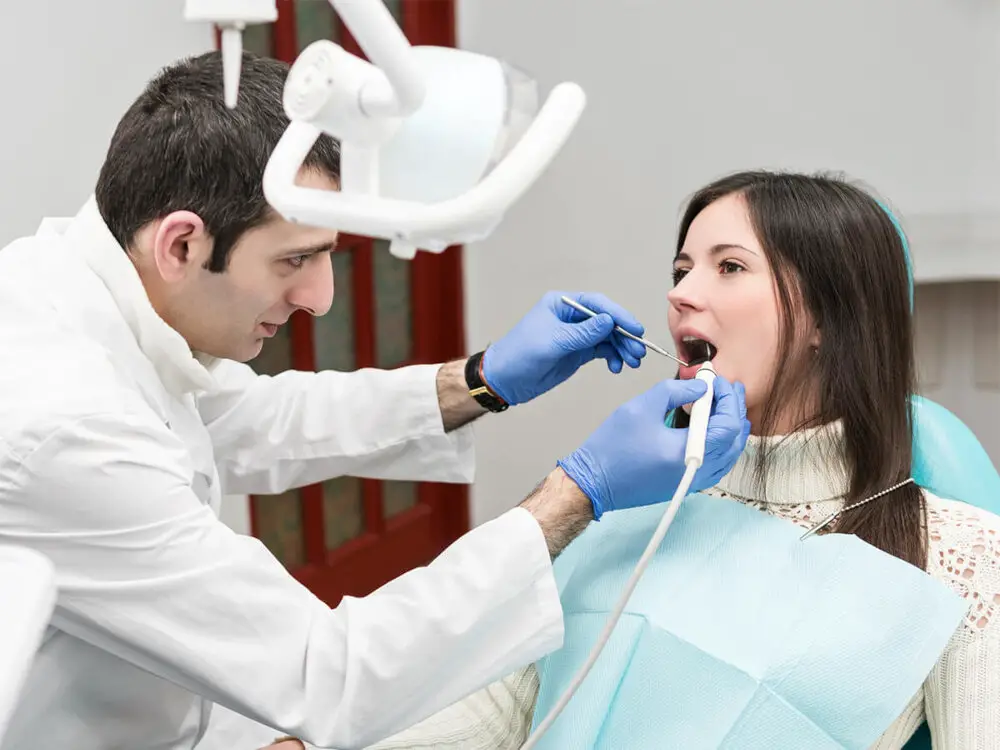
The healing process after wisdom teeth extraction can vary from person to person. However, there are some general guidelines that can help you recover quickly and avoid complications. The first step in the healing process is to keep the extraction site clean and free from infection. This can be done by carefully following your dentist’s instructions for oral hygiene, which may include rinsing with salt water, using a medicated mouthwash, and avoiding brushing or flossing near the extraction site. It’s also important to avoid smoking or using tobacco products during the healing process, as this can delay healing and increase the risk of infection. Another important aspect of the healing process is to manage pain and discomfort. Your dentist may prescribe pain medication or recommend over-the-counter pain relievers such as ibuprofen or acetaminophen. Applying a cold compress to the outside of your cheek can also help reduce swelling and discomfort. It’s important to rest and avoid strenuous activity during the first few days after surgery to allow your body to focus on healing. Eating soft foods and drinking plenty of fluids can also help promote healing and prevent complications such as dry socket. By following these tips and carefully monitoring your progress, you can ensure a quick and successful recovery after wisdom teeth extraction.
The healing process after wisdom teeth extraction can vary depending on the individual, but typically takes about 7-10 days. Immediately after the procedure, gauze is placed over the extraction site to help control bleeding and promote clot formation. Swelling and discomfort are common during the first few days, but can be managed with pain medication and ice packs. It is important to avoid smoking during the healing process, as it can delay healing and increase the risk of complications. Soft foods and a gentle oral hygiene routine are recommended to prevent irritation of the extraction site. In some cases, a follow-up appointment may be necessary to ensure proper healing.
Smoking is a harmful habit that can have negative effects on the healing process after wisdom teeth extraction. Smoking introduces toxins into the body that can slow down the healing process, increase inflammation, and delay the formation of blood clots. Moreover, smoking can also compromise the immune system, making it more difficult for the body to fight off infections. The nicotine in cigarettes can constrict blood vessels, reducing the flow of oxygen and nutrients to the healing area, which can lead to slower healing times and a higher risk of complications. In short, smoking can have a significant impact on the body’s ability to heal after wisdom teeth extraction, and it is highly recommended to avoid smoking during the recovery period.
Avoiding smoking during the healing process after wisdom teeth extraction is crucial to ensure a quick and successful recovery. Smoking not only delays the healing process but also increases the risk of complications such as infection, dry socket, and bleeding. The nicotine and other harmful chemicals in cigarettes constrict blood vessels and reduce blood flow, which can impair the body’s ability to heal. Additionally, smoking can cause irritation and dryness in the mouth, which can further prolong the healing process. Therefore, it is advisable to avoid smoking for at least 72 hours after wisdom teeth extraction and preferably for several days or weeks to promote optimal healing.
When can you smoke after wisdom teeth extraction?
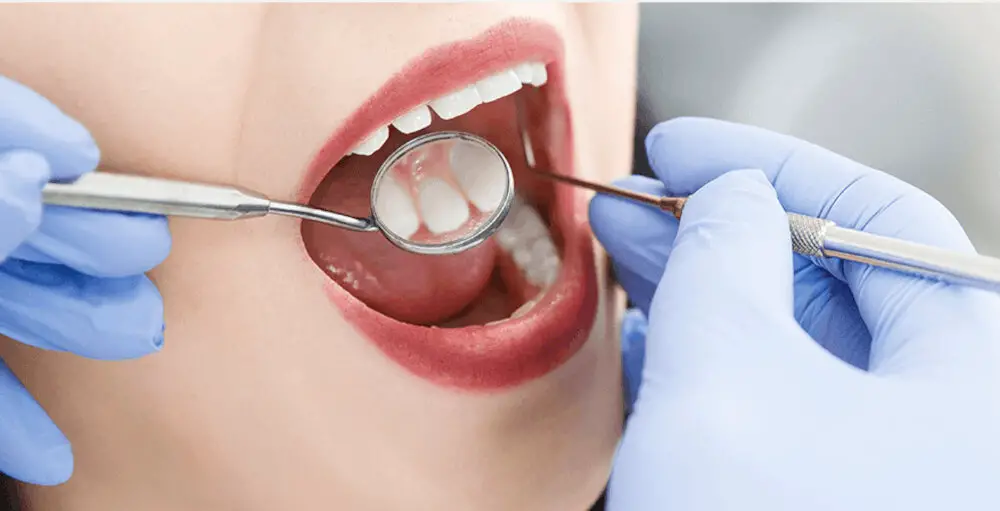
After having your wisdom teeth extracted, it’s important to give your mouth enough time to heal and recover properly. Smoking, in particular, can interfere with the healing process and lead to a number of complications. As such, it’s generally recommended that you avoid smoking for at least 72 hours after the procedure. This is because smoking can slow down the blood flow in your mouth, which can delay the healing process and increase the risk of infection. In addition to delaying healing, smoking can also lead to dry socket, a painful condition that occurs when the blood clot in the socket is dislodged or dissolves too quickly. This can expose the nerves and bones in your mouth and cause severe pain and discomfort. To avoid this, it’s best to wait at least a week before smoking again. If you’re a heavy smoker, however, it may be best to quit smoking altogether, as smoking can have a negative impact on your overall health and well-being. By following these tips and giving your mouth enough time to heal, you can ensure a quick and easy recovery after your wisdom teeth extraction.
After wisdom teeth extraction, it is crucial to follow the guidelines provided by your dentist to ensure a quick recovery. Smoking after the surgery can delay the healing process and increase the risk of complications such as dry socket. Therefore, it is recommended to wait at least 48-72 hours before smoking and avoid smoking for at least a week post-extraction. During this period, smokers are advised to rinse their mouth with warm saltwater after every cigarette to remove any harmful toxins and reduce the risk of infection. Moreover, it is essential to avoid using any tobacco products that can irritate the surgical site, such as chewing tobacco or nicotine patches. By following these guidelines, patients can ensure a smooth and speedy recovery after wisdom teeth extraction.
Several factors can influence the timeline for smoking after wisdom teeth extraction. Firstly, the type of extraction procedure performed can have a significant impact on healing time. A simple extraction may require less healing time than a surgical extraction. Secondly, individual factors such as age, overall health, and the body’s ability to heal can also impact the recovery time. Smoking can significantly delay the healing process, as it can reduce blood flow and oxygen to the affected area. Furthermore, the frequency and amount of smoking can also impact healing time, with heavier smokers requiring longer recovery periods. It is essential to follow the dentist’s advice and refrain from smoking until the recommended time has passed to avoid complications and ensure a speedy recovery.
Following the guidance of your dentist or oral surgeon is crucial after any oral surgery, especially wisdom teeth extraction. Your dental professional is trained to provide you with the necessary instructions to ensure a quick and successful recovery. Disregarding these guidelines, such as smoking before the recommended time, can lead to complications, such as dry sockets, infections, and delayed healing. It is essential to prioritize your oral health and take the necessary steps to avoid any potential risks. By following your dentist’s or oral surgeon’s instructions, you can promote optimal healing and return to your daily activities with ease.
Alternatives to smoking
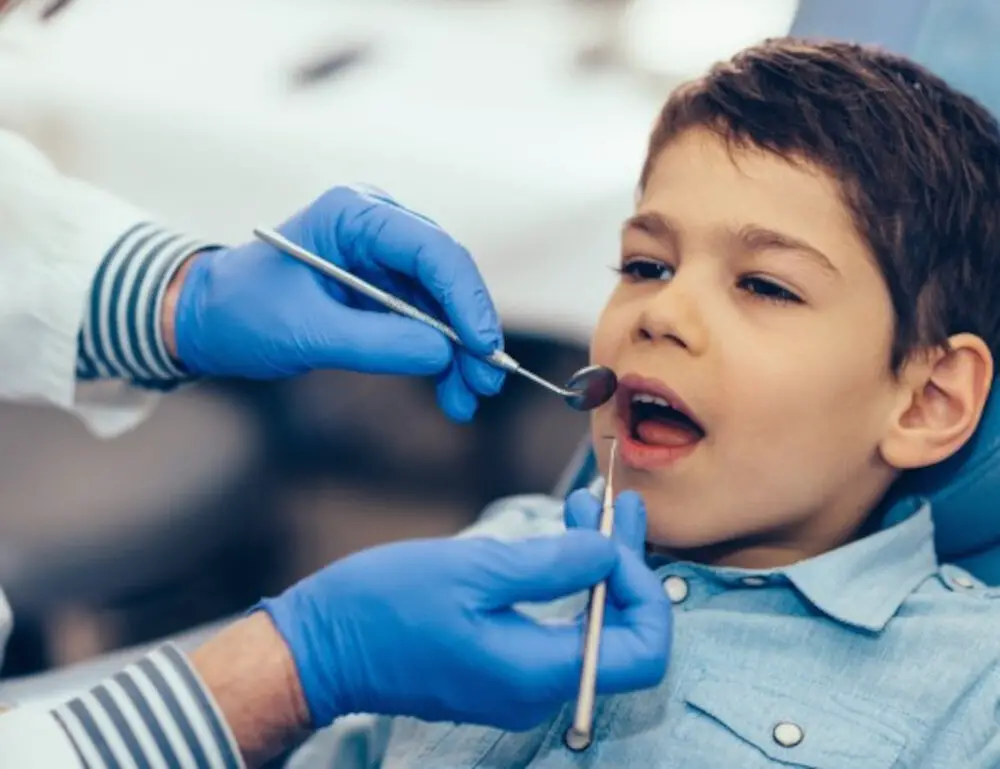
Smoking can have many negative effects on your health, especially after wisdom teeth extraction. Fortunately, there are many alternatives to smoking that you can try to help you quit or reduce your smoking habit. One such alternative is nicotine replacement therapy, which includes nicotine gums, patches, and lozenges. These products can help reduce cravings and provide a healthier way to get nicotine without the harmful effects of smoking. You can also try non-nicotine alternatives like herbal cigarettes or vaporizers. These alternatives mimic smoking without the harmful effects of tobacco and can be helpful in reducing your smoking habit. Another alternative to smoking is engaging in physical activity. Exercise releases endorphins, which can help reduce cravings and improve your mood. You can try different types of physical activities like yoga, running, or hiking to find one that works for you. Additionally, engaging in activities that keep your hands busy, like knitting or drawing, can help distract you from smoking and reduce cravings. Finally, finding support from friends and family can be a great way to help you quit smoking. You can join a support group or work with a counselor to find ways to cope with cravings and develop healthy habits. With these alternatives, you can reduce your smoking habit and improve your overall health after wisdom teeth extraction.
During the healing process after wisdom teeth extraction, smoking can delay the recovery process and increase the risk of infections and dry socket. It is recommended to avoid smoking for at least 72 hours after the surgery. However, quitting smoking altogether can have many benefits for overall health. For those struggling with nicotine addiction, there are several alternatives to smoking that can be helpful during the healing process. These include nicotine patches, gum, lozenges, and inhalers. Additionally, engaging in activities such as deep breathing exercises, meditation, or yoga can also help reduce stress and manage the urge to smoke. It is important to discuss any alternative methods with a healthcare professional.
Using alternative methods to avoid smoking after wisdom teeth extraction has several advantages. Firstly, smoking can delay the healing process and increase the risk of infection, so using alternatives such as nicotine gum or patches allows the body to heal more quickly. Secondly, smoking can cause dry socket, a painful condition that occurs when the blood clot that forms after extraction is dislodged. Alternative methods can help prevent this by avoiding the suction created by smoking. Finally, using alternative methods can be a great way to break the habit of smoking altogether, leading to improved overall health and wellbeing.
Other tips for a quick recovery
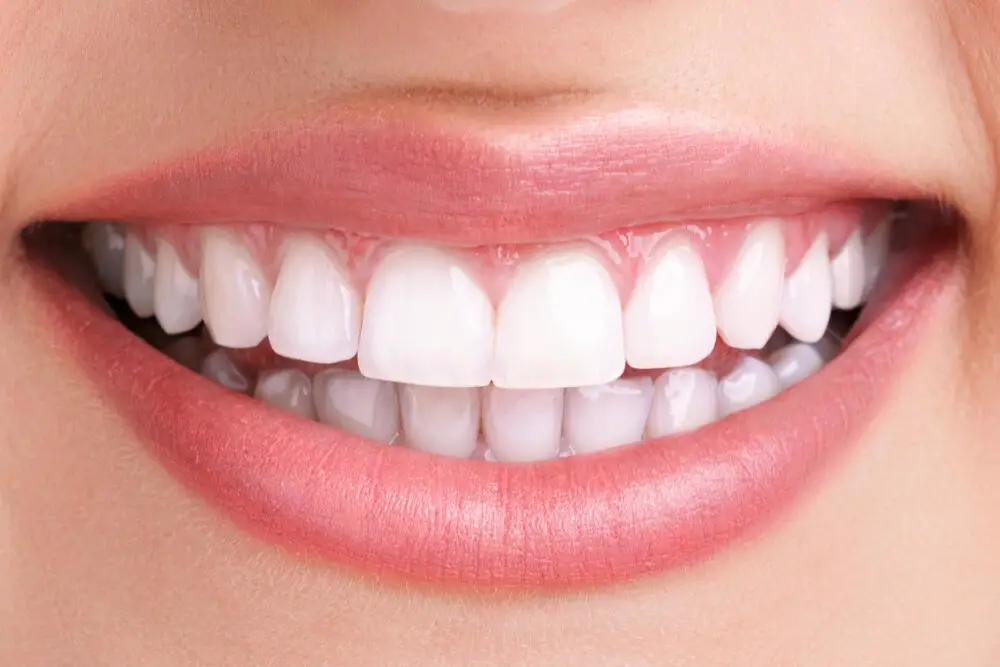
Aside from avoiding smoking and nicotine products after wisdom teeth extraction, there are other tips that can aid in a quick recovery. One important tip is to rest and avoid any strenuous activity for at least 24 hours after the surgery. This helps the body to heal and prevents any bleeding or swelling that may occur. Additionally, it is recommended to keep your head elevated while sleeping to decrease swelling. Applying ice packs to the affected area can also help in reducing inflammation and easing pain. Another tip to consider is following a soft food diet for the first few days after the surgery. This means avoiding crunchy, spicy, and acidic foods that may irritate the area. Instead, opt for soft foods like mashed potatoes, yogurt, and smoothies. It is also important to stay hydrated by drinking plenty of water and avoiding alcohol and caffeinated beverages which can dehydrate the body. Lastly, practicing good oral hygiene by gently brushing and rinsing the mouth can prevent infection and promote healing. By following these tips, patients can ensure a fast and successful recovery after wisdom teeth extraction.
Aside from avoiding smoking and tobacco use, there are several other tips for promoting a quick recovery after wisdom teeth extraction. One important aspect is proper oral hygiene, which includes brushing gently around the extraction site and rinsing with salt water. It is also important to eat soft foods and avoid hard, crunchy, or sticky foods that can irritate the extraction site. Applying ice packs to the outside of the cheek and taking pain medication as prescribed by the dentist can help reduce swelling and discomfort. Additionally, getting plenty of rest and avoiding strenuous activity can help the body heal more quickly. By following these tips and avoiding smoking, patients can promote a speedy recovery after wisdom teeth extraction.
Proper oral hygiene, rest, and diet are essential during recovery after wisdom teeth extraction. Maintaining good oral hygiene practices such as brushing and flossing regularly, and rinsing with warm saltwater can prevent infection and promote healing. Rest is also crucial for a quick recovery, and avoiding strenuous activities can prevent complications such as excessive bleeding and swelling. Eating a healthy and balanced diet is equally important, as it provides the necessary nutrients for the body to heal and fight off infections. Avoiding smoking and tobacco products is particularly important, as these can delay healing and increase the risk of complications. By following these recovery tips, patients can ensure a smooth and comfortable healing process after wisdom teeth extraction.
Following recovery tips after wisdom teeth extraction is crucial for a quick and smooth healing process. Ignoring these tips can lead to complications such as dry socket, infection, and delays in healing. Recovery tips include avoiding smoking, drinking through a straw, and eating hard or crunchy foods. It is also important to rest, keep the mouth clean, and take any prescribed medications. By following these tips, patients can reduce pain and swelling, minimize the risk of complications, and promote a faster recovery. It is essential to adhere to these guidelines as they are designed to ensure a healthy and speedy recovery after wisdom teeth extraction.
Avoiding smoking is crucial during the healing process after wisdom teeth extraction. Smoking can lead to various complications, including dry socket, an infection that occurs when the blood clot at the extraction site is dislodged. When you smoke, the suction created in your mouth can dislodge the blood clot, leading to extreme pain and delayed healing. Additionally, smoking can reduce blood flow to the gums, making it harder for the tissue to heal. Quitting smoking altogether is the best option, but if you must smoke, it’s important to wait at least 72 hours after the procedure to reduce the risk of complications. By avoiding smoking, you can ensure a quicker and smoother recovery, allowing you to resume your normal activities sooner.
Conclusion
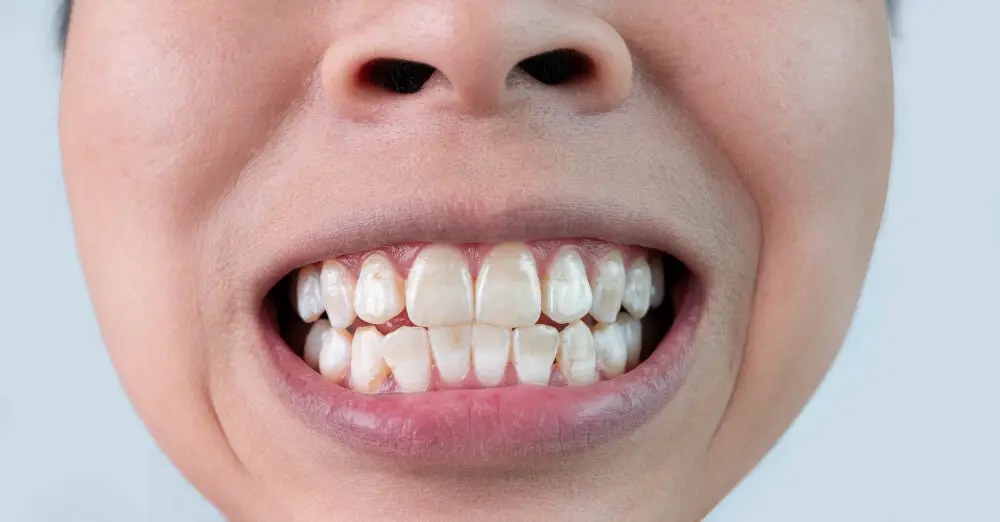
In conclusion, smoking after wisdom teeth extraction is not advisable, as it can lead to complications and delay the healing process. It is recommended to wait at least 48 to 72 hours before smoking and to avoid smoking altogether for at least a week. Instead, patients can try alternative methods to help them cope with nicotine withdrawal, such as nicotine patches or gum. The key to a quick recovery from wisdom teeth extraction is to follow the aftercare instructions provided by your dentist and to prioritize your oral health. By taking the necessary precautions and avoiding smoking, patients can ensure a smooth and successful recovery.





